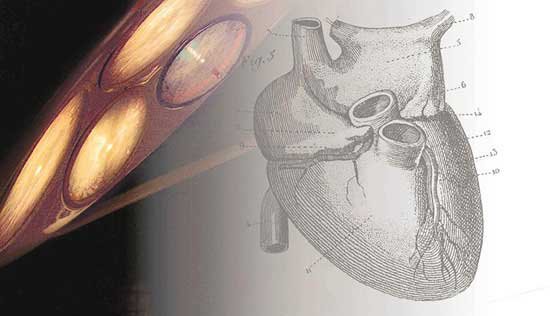Friday, June 29, 2007
The striker, who underwent two kidney transplants earlier in the year, can’t wait to return to first team action. “I feel good and it’s getting better everyday. When I am fully fit I will bring Werder back to the top” he said confidently.
The 27 year old joked, “People are saying Bremen haven’t signed any big stars. Well here is one.”
However he is realistic enough not to expect too much too soon. “Normally people would return to work after 3 months, but with me it’s slightly different. I am a top class athlete.
“It doesn’t matter if I’m back for the fifth game of the season or whether I have to wait for the second half of the season. The main thing is that I return.”
He has been warned by his doctor however of the dangers involved, but Klasnic will be boosted by the fact that other top sportsmen such as Jonah Lomu and Alonzo Mourning have returned to peak performance after organ transplants.
Thursday, June 28, 2007
Organ Donation and Transplant Association of Canada
The Organ Donation and Transplant Association of Canada is dedicated to encouraging Canadians to become organ donors, and to supporting related medical research."
Organ Donation and Transplant Association of Canada
VICTOR is the compelling story of a great Canadian hero—a working class kid who through sheer determination overcame both physical and psychological challenges to reach the ultimate pinnacle of his sport, becoming a World Record holder and an Olympic gold medal champion at the 1984 Olympics in Los Angeles.
In November 1989, just a few months after retiring, Davis was struck by a hit-and-run driver outside a suburban Montreal nightclub. He died two days later but his spirit lived on in the six people who received his heart, both cornea, liver and kidneys.
>
Madeline Shaw's days begin like those of most 3-year-olds.
Maddie's wait for a new heart to save her life Local girl among many on transplant list
Madeline Shaw's days begin like those of most 3-year-olds.
She wakes. She sees her mother's smiling face. She has breakfast - perhaps Cheerios or her reliable mealtime favorite, cream of chicken soup. She watches a video of the animated "Backyardigans'' on her television.
The similarities end when a nurse whooshes through the door. She's arrived to change the dressing over an opening in Maddie's abdomen. It's the portal that connects Maddie to a fist-sized device that keeps her heart pumping.
Tuesday, June 26, 2007
Low number of Organ Transplants
Ten years have passed since the Organ Transplantation Law was enacted, allowing organ transplants from brain-dead people. So far there have been only 56 of these organ transplants. The latest was carried out on June 14 and 15, using the heart, pancreas and kidneys from a woman in her 50s. The small number of transplants belies the popular acceptance indicated by a Cabinet Office poll in which 40 percent of those surveyed said they would like to donate their organs if they were declared brain dead. Lawmakers are considering revising the law to increase the number of such transplants. Broad-based public debate should come first so that society can reach a consensus.
Under the law at present, brain death is not generally accepted as official death. Only people who have agreed to donate their organs if they become brain dead are officially declared deceased upon the onset of brain death. In addition, they must have expressed their willingness to donate their organs in writing. And people younger than 15 years old are not allowed to donate their organs if they are declared brain dead.
Lawmakers have put forward two revision bills. One would accept brain death as official death for all people. Organs from brain-dead people could be transplanted if the deceased had not declared their opposition to organ donation and if their families agreed to the donation. Still, many Japanese are likely to resist the idea of accepting brain death as official death.
The other bill would allow people at least 12 years old to donate their organs upon the onset of brain death. But much younger children with serious heart diseases would not be saved with this revision. Given the current Diet situation and schedule, discussions to revise the law appear unlikely to advance.
Kidney transplants from cadavers are now possible; only the consent from the families of the deceased is necessary. But even kidney transplants are not common in Japan. Some people pay to receive kidneys from people living abroad. It would be helpful at this stage to enlighten people about organ donation cards and seals as well as kidney transplants from cadaver